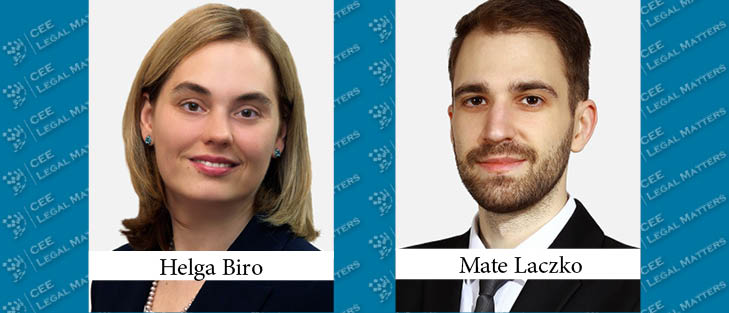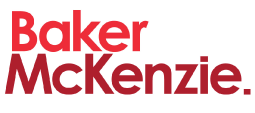For the pharmaceutical industry in the Hungarian market, the first half of 2024 involved several legislative changes with significant practical implications. Some of these changes have yet to unfold their full impact, due to the lack of implementing regulations and prerequisite authority actions.
Below is our review of the most important legal developments, including an indication of where further actions are expected by legislators and regulators.
1. Uniform Hospital Pharmacy Service
In February, the government adopted the implementing decree for the uniform institutional (hospital) pharmacy service. Under this service, medicinal product procurement (as well as related logistic and coordination services) for hospital pharmacies would be centralized through a project company. Participation in the scheme will be compulsory for state-owned hospitals and voluntary for other hospitals. According to the legislators, the centralization will ensure the same level of service and security of supply in all participating hospitals, and also increase efficiency. Although the implementing decree already entered into force, the centralization will only commence once the project company has been selected through a public procurement procedure, yet to be initiated. The uniform hospital pharmacy service is expected to start from January 1, 2025.
2. Stockpiling Obligation Introduced
In March, the minister responsible for healthcare issued a decree imposing a new stockpiling obligation on medicinal product wholesale license holders. The decree entered into effect on May 10, 2024, listing 313 active substances. Wholesale license holders must maintain a continuous stock of products containing active substances, equal to one-twelfth of the volume distributed during the preceding 12 months. The new stockpiling obligation raises several practical questions. For example, it is unclear if the obligation applies to each wholesale license holder through the supply chain (resulting in multiplication of the stock held), or if wholesale license holders of the same supply chain may jointly comply with the obligation. Lastly, the ministerial decree tasked the Hungarian regulatory authority (NNGYK) with publishing by June 1, 2024, a list of medicinal products marketed in Hungary that contain the concerned active substances. The NNGYK has yet to publish this list on its website, adding to the legal uncertainty for the industry.
3. Revised Named-Patient Reimbursement
In June, the Parliament passed a new law amending several acts and spanning multiple industries. For the pharma industry, this new law will introduce changes to named-patient reimbursement with effect from January 1, 2025. Based on the changes, a new public benefit foundation will be established, which will decide on the named-patient applications in addition to the Hungarian Health Insurance Fund. The statement of reasons clarifies that the legislator does not intend to set the criteria for the decisions but rather leaves it to the foundation to decide in the context of social and economic responsibility. According to Deputy State Secretary for the Professional Management of Healthcare Judit Bidlo, the budget allocations made available to the foundation will still be part of the health insurance fund’s budget. Therefore, the new scheme is not primarily about saving money but about using the money more efficiently.
4. Access to eHealth Data for the Purposes of AI Development
The same new law regulates future access to health-related data stored in Hungary’s National eHealth Infrastructure (EESZT). Access to the data stored in the EESZT may be requested as of January 1, 2026, on a case-by-case basis, for the purposes of training, testing, and developing AI algorithms, as well as evaluating and developing medical devices and digital health applications. Access will be subject to ethics committee research authorization and compliance with the GDPR, including conducting a data protection impact assessment.
5. Implementation of Cybersecurity Requirements in the Pharma Sector
Lastly, on June 24, 2024, a ministerial decree was adopted on cybersecurity classification and specific security measures in connection with the Hungarian implementation of the EU’s NIS2 Directive. Pharma manufacturers and wholesalers must comply with the ministerial decree by October 18, 2024.
By Helga Biro, Partner, and Mate Laczko, Attorney, Baker McKenzie Budapest
This article was originally published in Issue 11.7 of the CEE Legal Matters Magazine. If you would like to receive a hard copy of the magazine, you can subscribe here.


